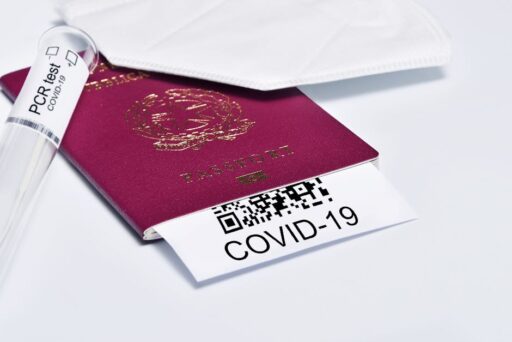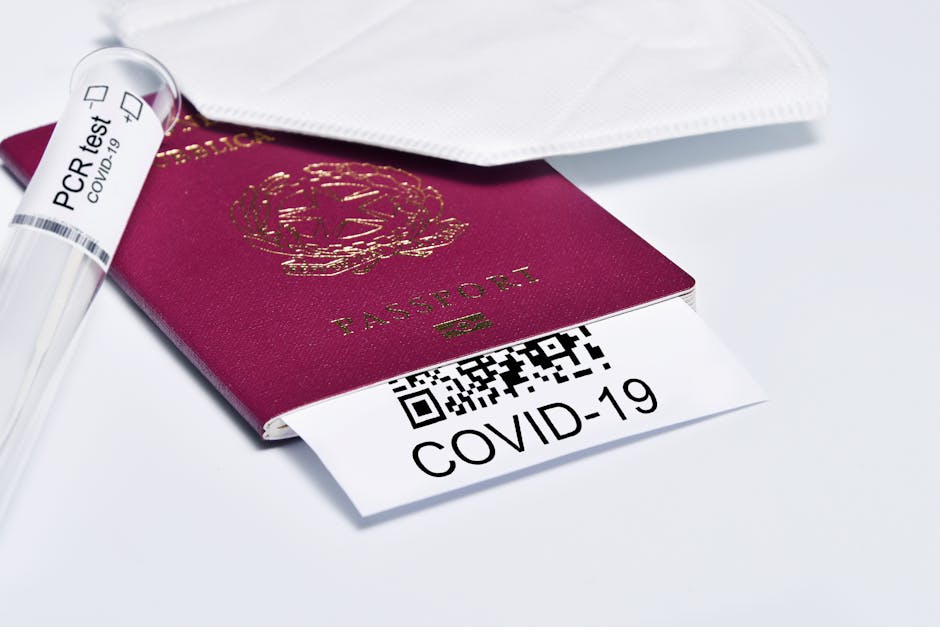Navigating the Zika Virus: A Personal Journey and Essential Guidance
By Bethany Kotlar, MPH, MotherToBaby Georgia
Note: This information was current as of the time the blog was published. For the latest updates, please visit Zika Central.
As a teratology information specialist, I counsel women and their families on medications, chemicals, herbal remedies, and illnesses that could harm developing babies. With the spread of the Zika Virus, known for causing severe birth defects like microcephaly, I immersed myself in research and the CDC’s latest recommendations to avoid infection. Little did I know, this knowledge would soon be put to personal use.
In February, I received a surprise email detailing a week-long sailing trip in the Caribbean for my husband’s 30th birthday. Excitement quickly turned to concern when I learned that the islands we would visit were experiencing Zika outbreaks. Torn between fear and familial obligation, I decided to go but vowed to be cautious.
Despite my efforts to avoid mosquito bites, including sleeping indoors and using DEET-based bug spray, I returned home with symptoms of Zika: a rash, joint pain, and fever. A diagnosis confirmed my suspicions. My experience highlighted the ease of contracting Zika and the importance of preventive measures, especially for those who are pregnant or may become pregnant.
Understanding Zika Transmission and Prevention
As of July 27, 2016, the U.S. had confirmed 1,658 Zika cases, including 433 pregnant women. Zika is primarily spread through mosquito bites but can also be transmitted via sexual contact, blood transfusions, or from mother to baby during pregnancy. To protect yourself, consider the following:
- If pregnant or could become pregnant, avoid travel to areas with active Zika outbreaks. Check current outbreak locations here.
- If your partner has traveled to a Zika-infected area and you are pregnant, consistently use condoms during sex for the pregnancy duration.
- If your partner shows Zika symptoms post-travel, use condoms and avoid pregnancy for at least six months; if asymptomatic, for two months.
- If you have traveled to an affected region, avoid pregnancy for two months and use condoms or dental dams during sex.
- Pregnant individuals should minimize mosquito exposure by using DEET-based repellents, wearing protective clothing, and preventing mosquito breeding around the home.
For more information on Zika or potential exposures, contact a MotherToBaby expert at (866) 626-6847 or visit MotherToBaby.org.
About the Author: Bethany Kotlar is a teratology information specialist with MotherToBaby Georgia, holding a Masters in Public Health and is a Certified Childbirth Educator. She enjoys exercising, traveling, and watching Netflix.
MotherToBaby is a service of OTIS, recommended by agencies such as the CDC. For inquiries about various exposures, reach out to MotherToBaby toll-free at 866-626-6847 or visit MotherToBaby.org to access fact sheets, email experts, or chat live.





